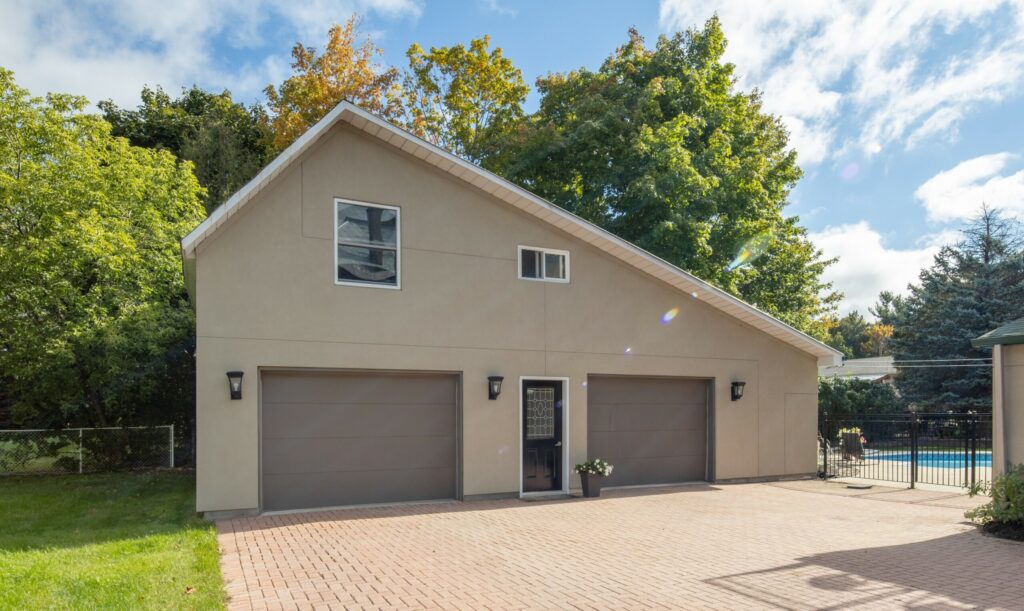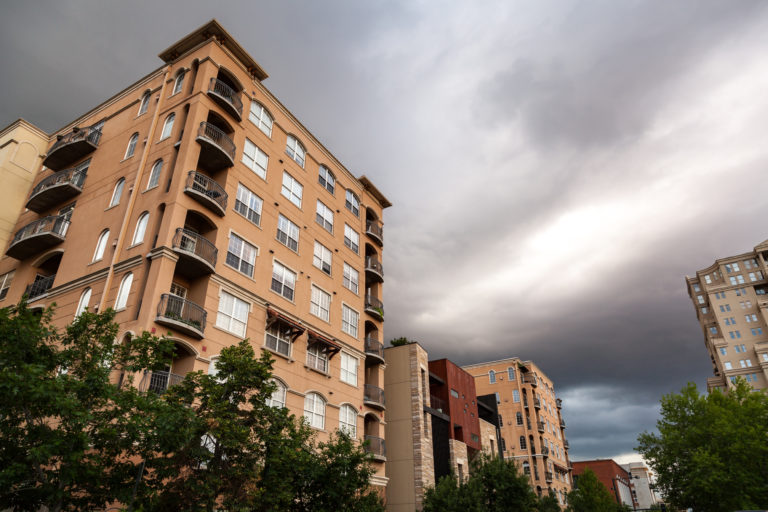HB 19-1319: Signed into law in 2019, this legislation enacts two policy changes to support private and nonprofit developers in initiating and sustaining affordable housing projects. Affordable housing developers are having difficulty obtaining financing from lenders because the claw back gives lenders too much discomfort. So, even though they are ready to build affordable units, developers cannot obtain the necessary financing to begin projects.
– Require an inventory of Public Lands Suitable for Affordable Housing Development.
– Limit claw back of property tax exemption fund for affordable housing projects. This will alleviate lenders’ concerns which hinder development of sorely needed affordable and attainable housing.






















